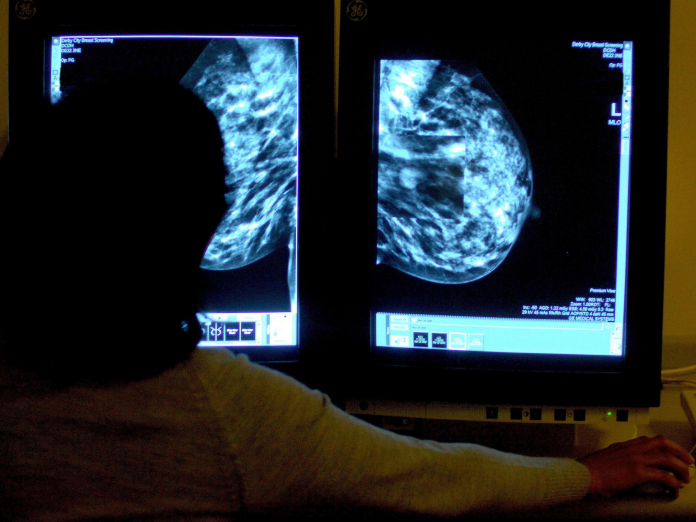According to a new study published last week in the Lancet, women who undergo hormonal therapy during menopause are more likely to develop breast cancer and the risk remains high for over a decade after stopping the treatment.
Lead study author and cancer epidemiologist, Valerie Beral, said, “This is a consensus of many researchers and many studies all around the world. These are important new results.”
Post-menopausal women are often prescribed hormonal therapy because they tend to secrete less hormone after attaining the climacteric age. Hormonal therapy is usually prescribed in the form of a tablet, a patch, a gel, or an injection. For most women, hormone therapy helps to alleviate menopausal symptoms, including osteoporosis.
The study found that the risk of breast cancer is more if women use menopausal hormonal therapy for a longer period. The researchers found that women had a relatively lower risk who were no longer using the therapy; however, the risk remained high for over a decade after stopping the therapy.
The research also found that women who undergo combination drug therapy were at greater risk of developing breast cancer than those who underwent only estrogen therapy.
Breast Cancer Researcher Dr. Joanne Kotsopoulos, who was not a part of the study, said, “The findings are significant. The longer you use it, the higher the risk.”
Dr. Stephanie Faubion from Mayo Clinic said, “Most of the findings in this report are not new, and these results are associations. Therefore, cause-and-effect conclusions are not possible. In addition, the absolute risks are low and could be the result of bias rather than of any true effect of exposure.”
Dr. Faubion was not involved in the study. She noted that the treatment of menopausal symptoms must be individualized. She explained that before managing the symptoms of menopause, doctors should take the severity of symptoms, a woman’s risk factors, treatment goals, and her personal preferences into consideration.
“For instance, obesity is an important risk factor for not only breast cancer but also for cardiovascular disease, and clinicians should counsel these women regarding lifestyle modification strategies,” said Dr. Faubion. She continued, “The timing of menopause is also an important consideration, with women undergoing premature/early menopause at increased risk for multiple potential adverse long-term health consequences if hormone therapy is avoided.”





















